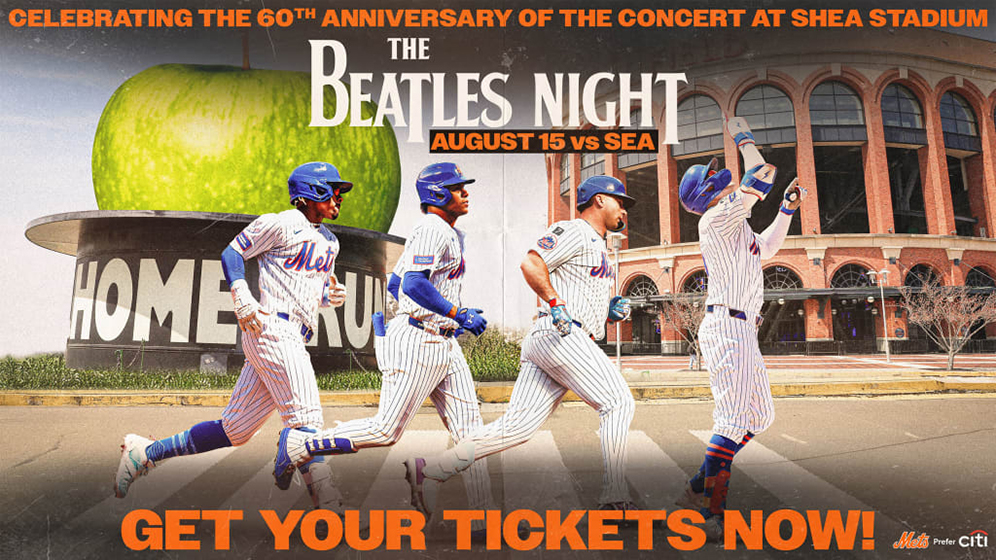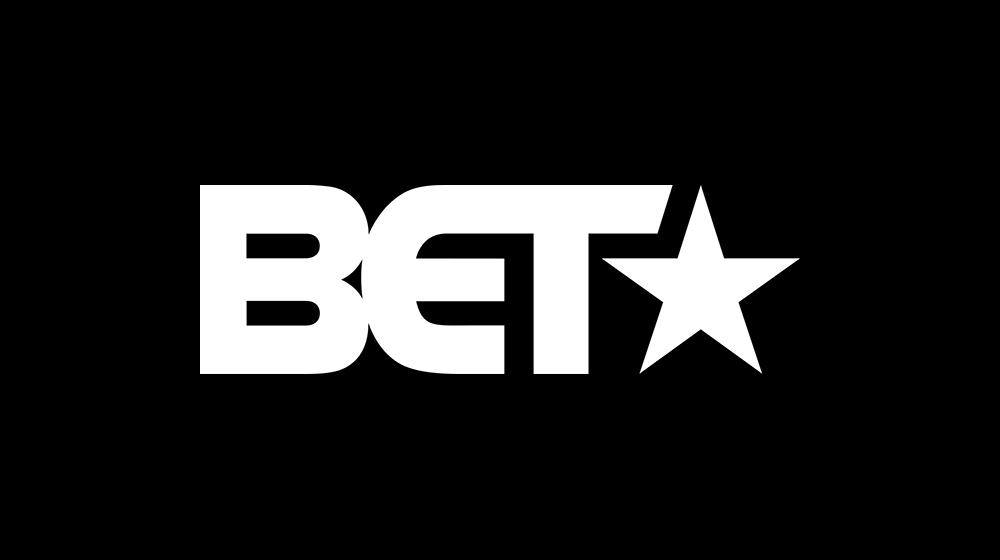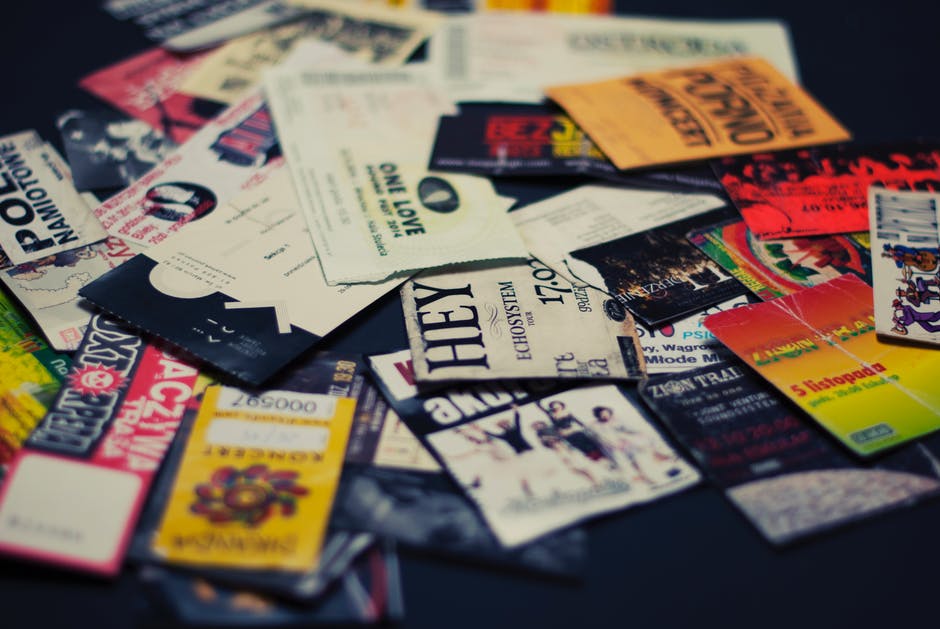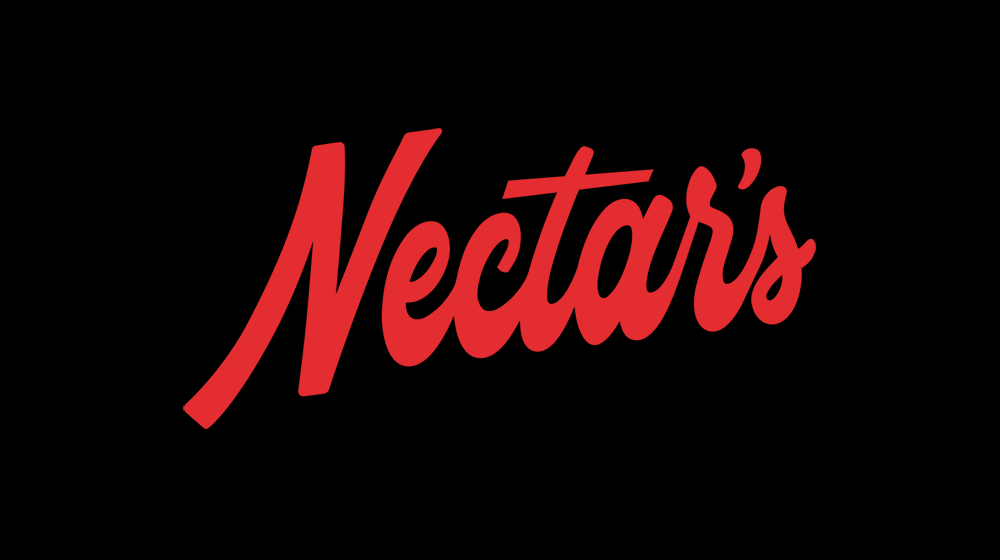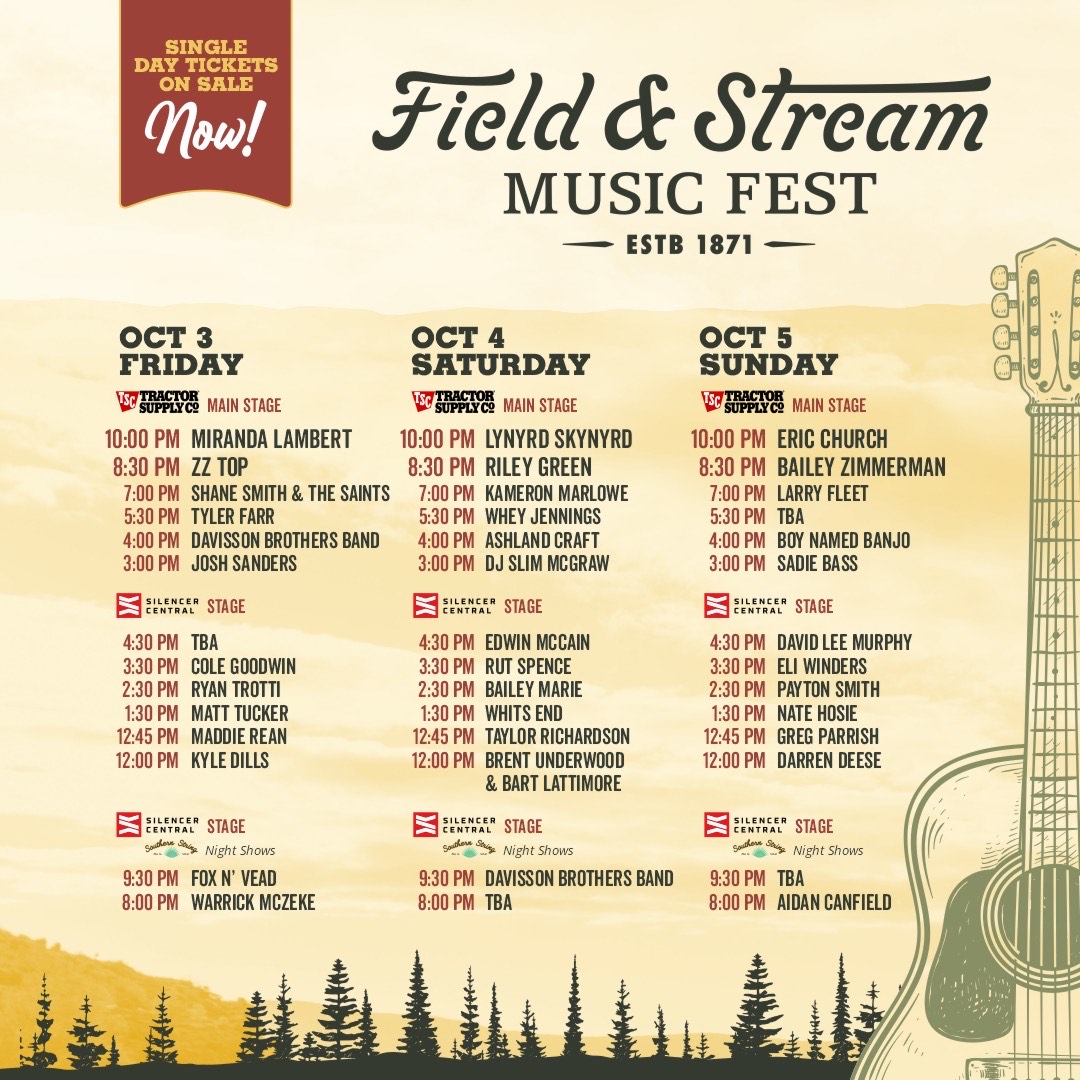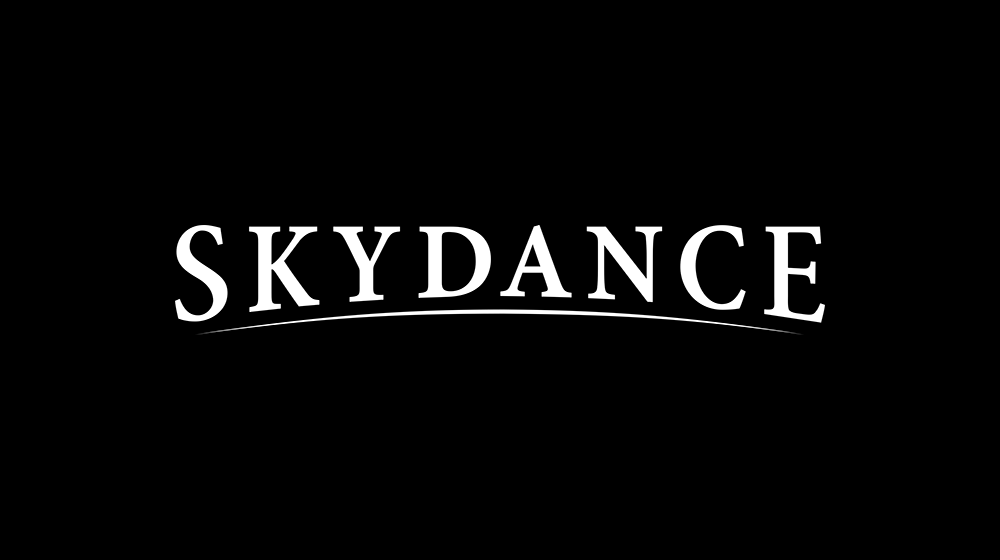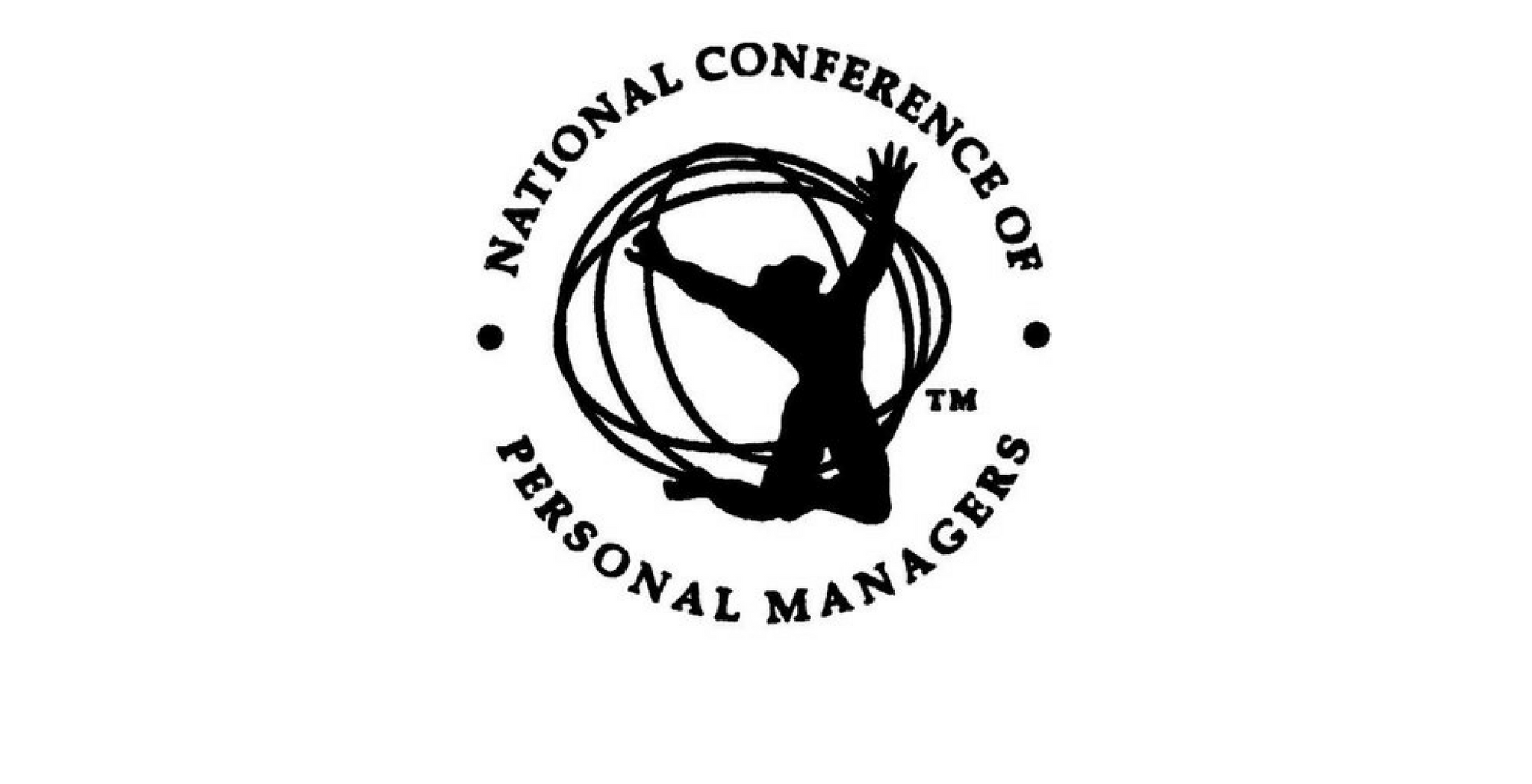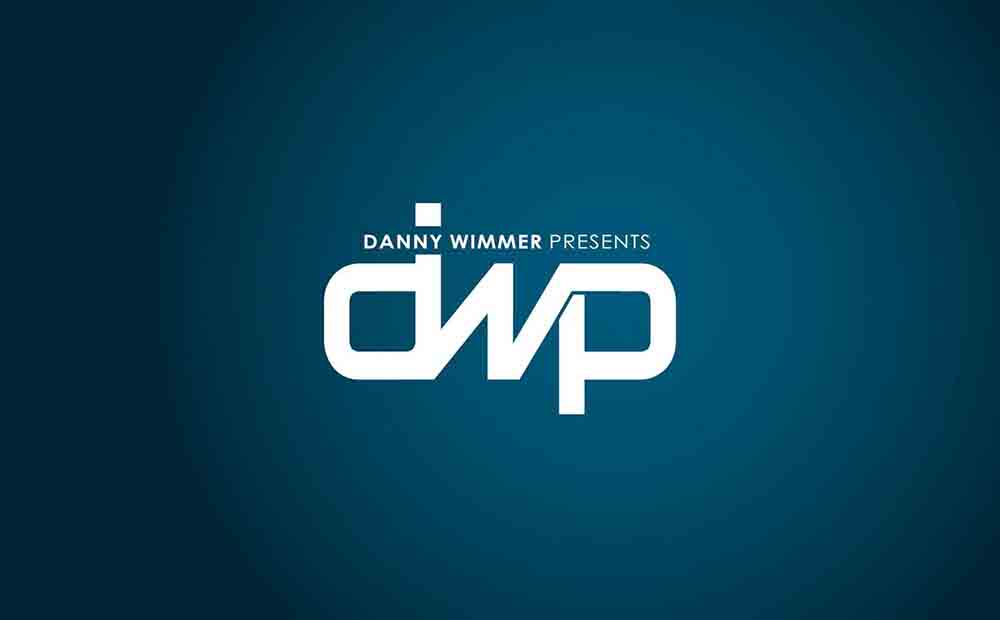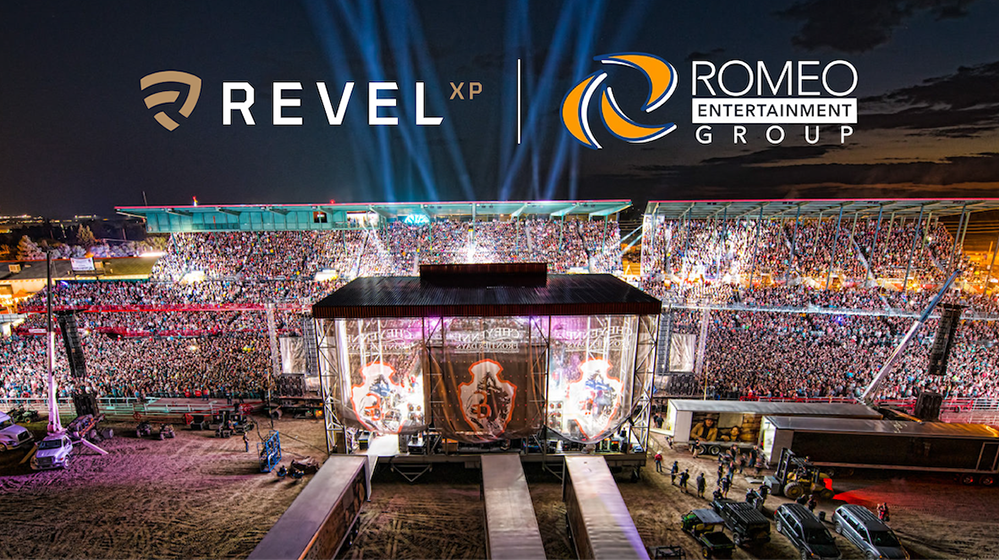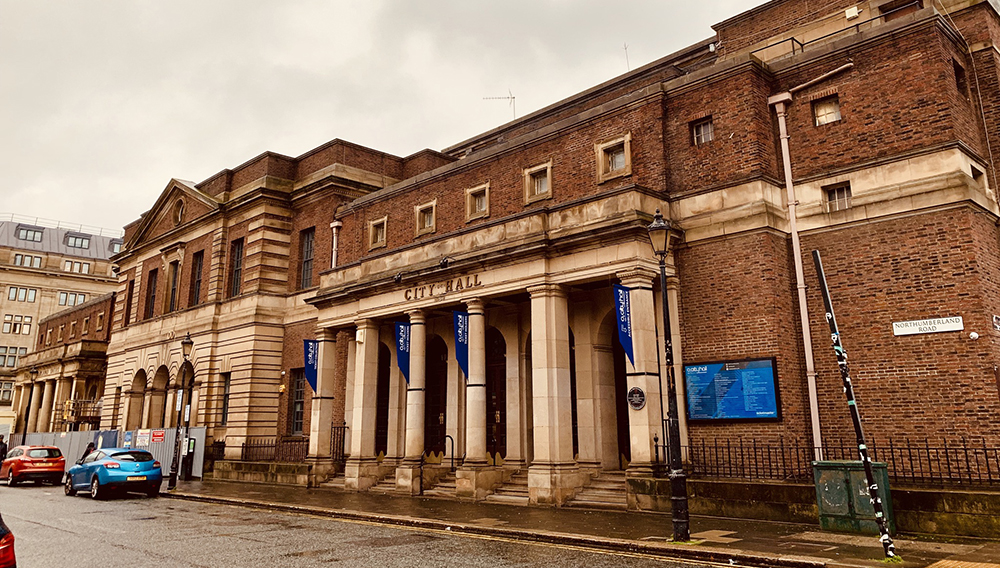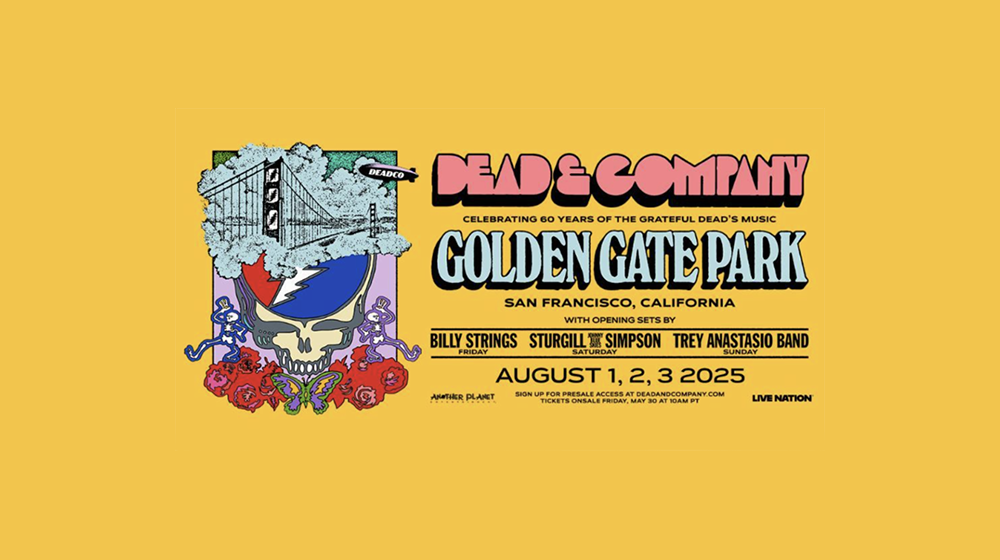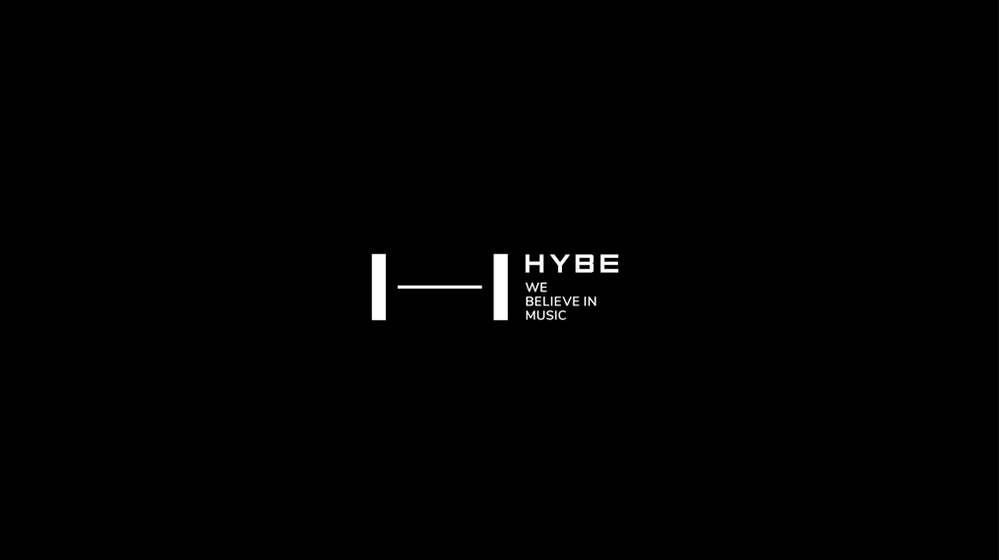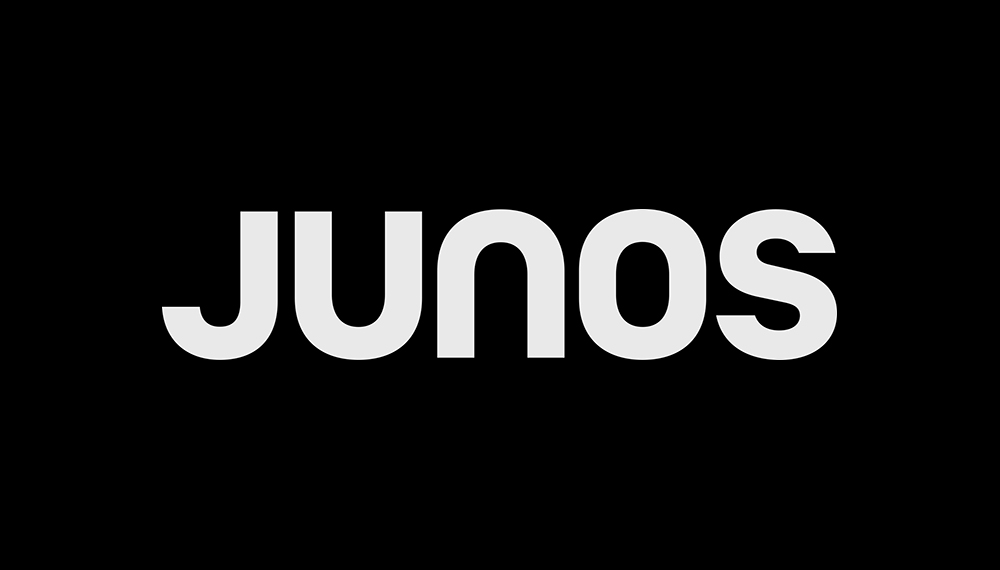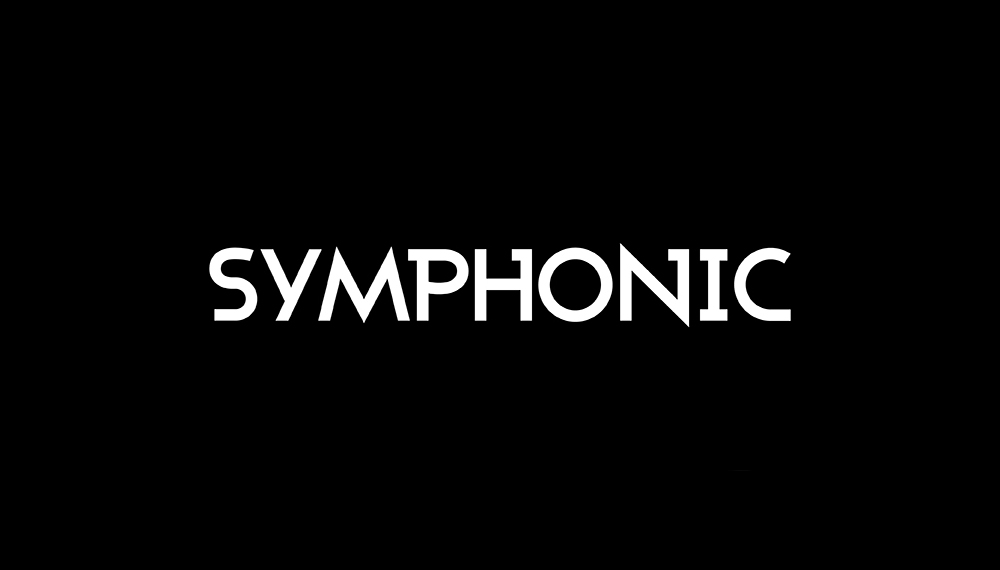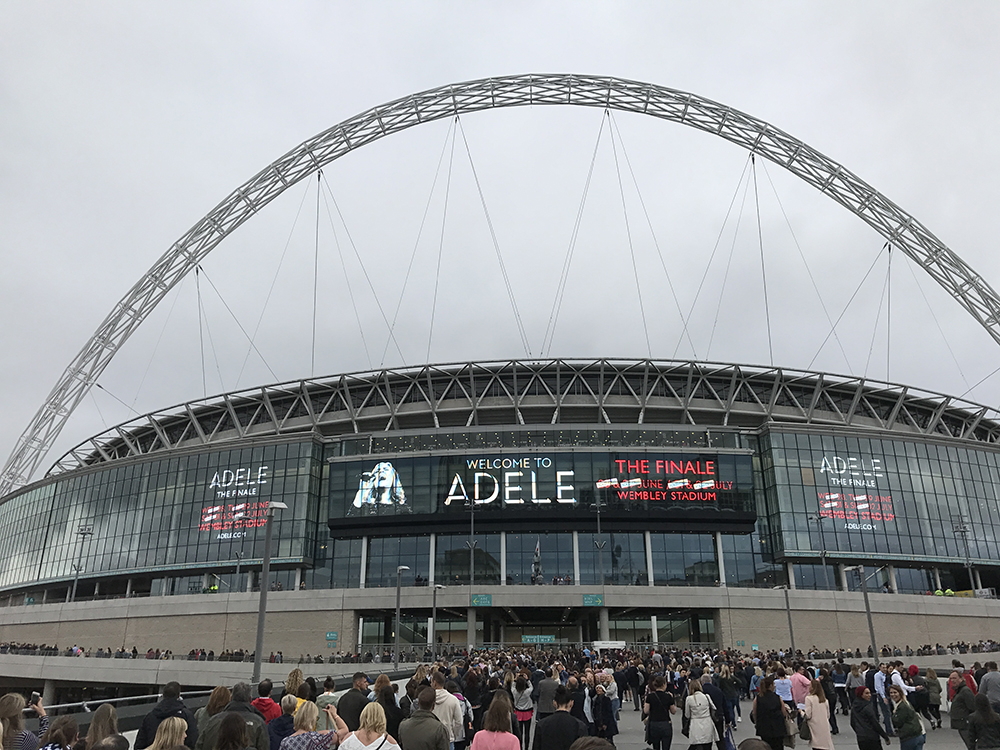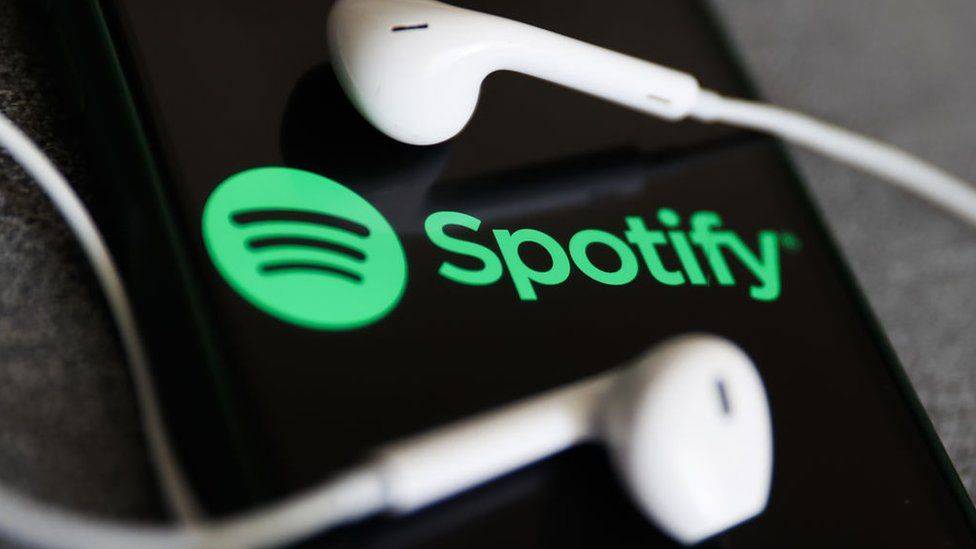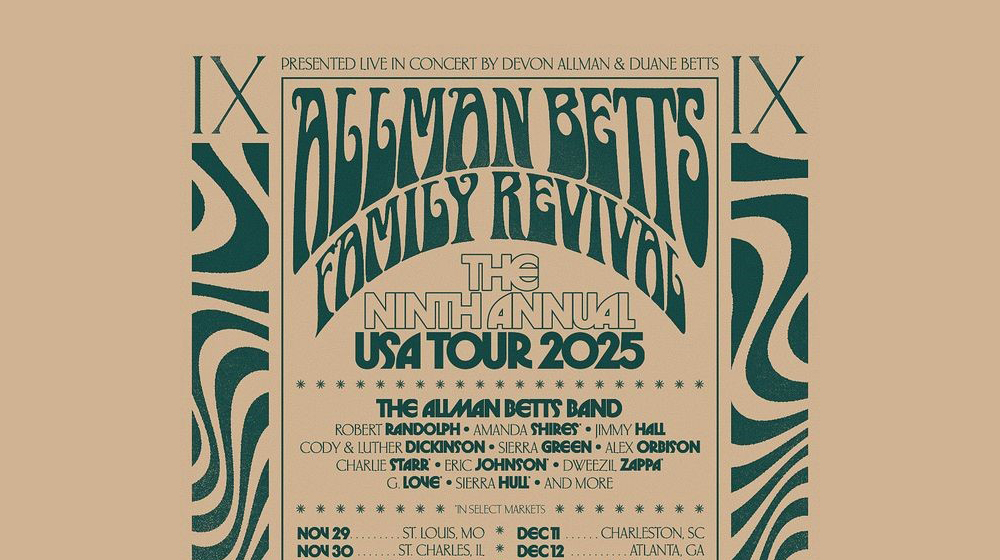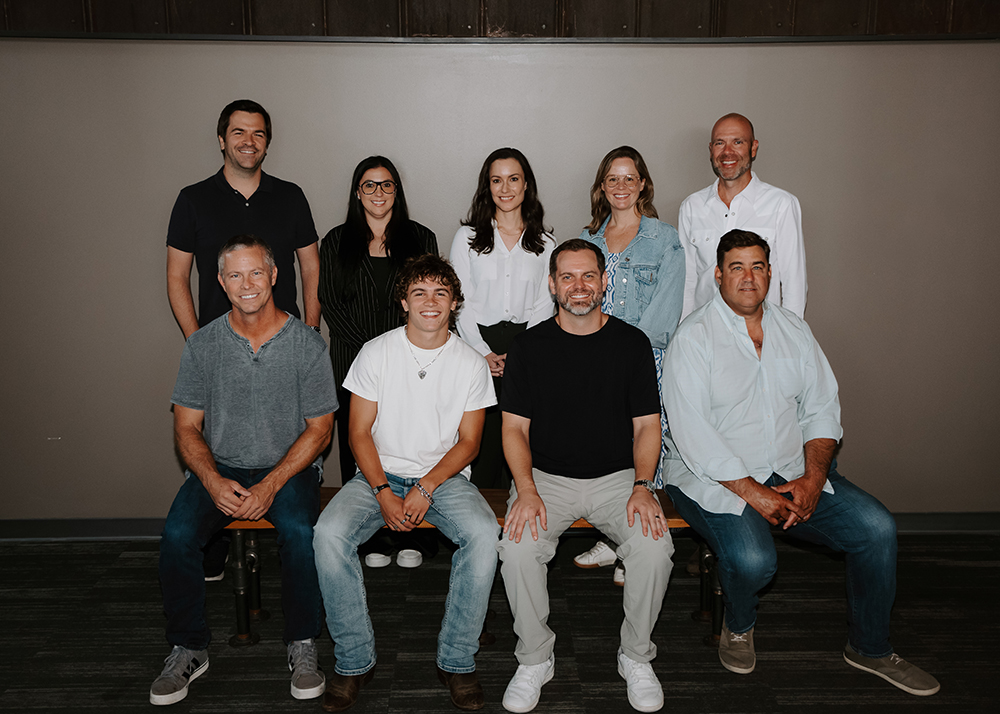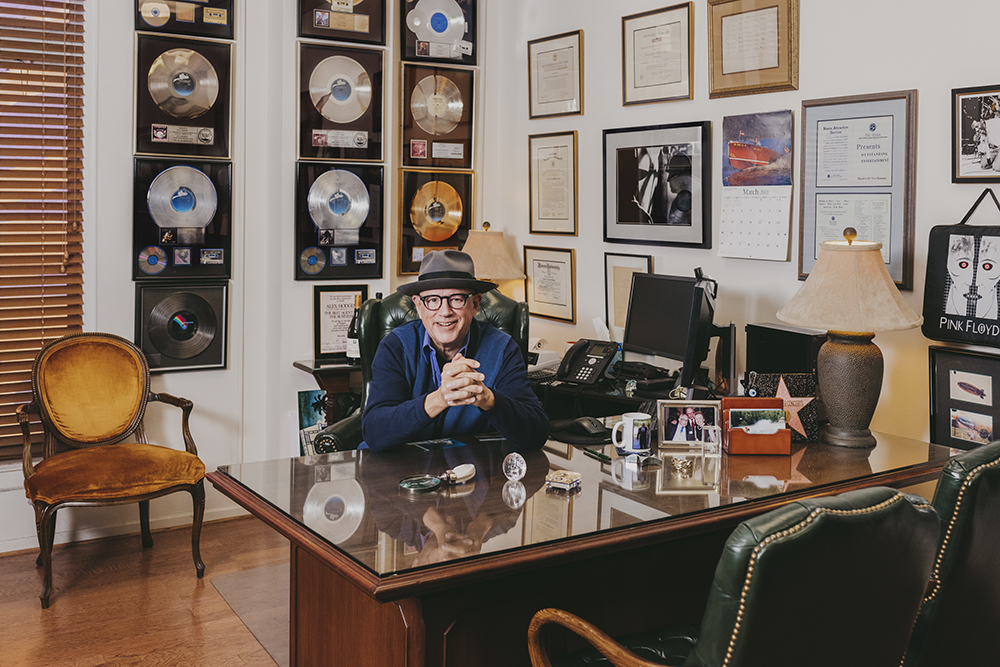We haven’t had this spirit here since 1999.
That’s when Napster blew up.
But this is different. Napster was about employing technology to benefit users while simultaneously proving to rights holders that their business model was flawed, charging $15 for a CD with one good song on it. NFTs are about the money, pure and simple.
If you remember, in the sixties there was the canard that music should be free, that it belonged to the people. Funny how that was the last breakthrough era in the music business, when art was for art’s sake. Sure, hip-hop too was a breakthrough, but that was always based on remuneration.
I’d be lying to you if I said I really know what’s going on with NFTs. But one thing is for sure, there’s a mania. It started two weeks ago with Grimes netting $6 million and then Mike Shinoda came on board and now it might be completely over, at least when it comes to music. Kings of Leon had to extend the window to purchase, since products did not reach the reserve. So if you’re sitting at home now, trying to come up with something to sell, there’s a good chance you already missed it.
What do we know about internet fads? They’re rarely replicable. Radiohead released “In Rainbows” with a name your own price scheme, but no one could repeat the band’s success with it thereafter. This paradigm has been repeated for years. There’s not only a first mover advantage, oftentimes the first mover is the only one who gets paid!
But that does not mean there cannot be speculation.
That’s the only reason to buy an NFT. For the theoretical ability to sell it at a higher price later. Otherwise, it’s just a certificate of authenticity, that means little to anyone, at most the buyer can kvell, assuming anybody’s paying attention, in an era where attention is at a premium and even household names are not.
But in an era where nincompoops on the internet run up the price of GameStop, where supposedly savvy people lost a bundle in the dot com crash of twenty years ago, where twelve years ago not only did Wall Street break the economy, it didn’t even quite understand the products it was selling, it’s not hard to believe there’s a mania about selling air. And that’s what an NFT is, not much more than air.
2
This is a fast evolving story. Today it’s all about the energy used in NFT transactions. Turns out it’s staggeringly large. Experts have weighed in previously, but today even Andrew Ross Sorkin did in the “New York Times”: https://nyti.ms/3l2cNkO I could walk you through issues of scarcity and mining but unless you’re planning to enter the marketplace, you probably don’t care. But to make it simple:
“depending on which study you read, the annual carbon emissions from the electricity required to mine Bitcoin and process its transactions are equal to the amount emitted by all of New Zealand. Or Argentina.”
That’s pretty staggering.
Yet there are many advantages to a digital currency. Once again, I point you to Marc Andreessen’s article in the “Times”:
“Why Bitcoin Matters”: https://nyti.ms/2iyy0Ep
And this is a great illustration why as an amateur, you should be wary of playing with professionals. Andreessen wrote that piece SEVEN YEARS AGO!
But now Bitcoin’s time has finally come. And you missed out, buying in at a cheap price.
As Peter Thiel and so many have said, if you want to make bank, go where others are not. Forget being a rapper, create a different kind of music. And remember, conception is not king, execution is. So, an idea that is hiding in plain sight might be viable, it’s just that no one has put any effort into executing it.
So suddenly there’s a lot of attention on cryptocurrency. Bitcoin rose and then crashed, but then it rose again! That’s when people start paying attention. One peak can be ignored, but not two peaks.
3
This is about the blockchain. Just like cryptocurrency, we’ve been hearing about the blockchain for nearly a decade. But we’ve never seen a practical utilization thereof, one that matters to us. But, if we can sell things without the banks, without the wait, without exorbitant fees, anywhere in the world, that’s a huge benefit. But maybe this applies mostly to PHYSICAL ITEMS not DIGITAL!
Don’t forget, digital put a huge crimp in the music business. It thought it was ahead of the game with CDs, but they turned out to be rippable and could be reproduced ad infinitum at no cost. People wanted the files, but they were free. Until Daniel Ek converted the world to an on demand formula, where it was about access as opposed to ownership. In the twenty first century ownership is quaint, in many cases passé. The younger generation not only doesn’t want to own a car, members don’t even want to get a driver’s license! Uber is on demand, without the headaches and costs of ownership.
So ownership is positively retro.
As for previous digital goods, they were instantly usable. Like clothing or weapons in video games. You got a better experience. It’s hard to argue you get a significantly better experience from owning an NFT.
4
But look at the prices! John Legere bought an NFT from Steve Aoki for $888,888.88. But there’s a physical item attached, a framed representation of the artwork. And that makes the purchase a bit different, it cannot be replicated ad infinitum.
But one also must note that rich people have diversified portfolios. And they win some and lose some. You can only make the big money if you’re willing to lose money. Look at Masayoshi Son and Softbank. It’s a constant seesaw, giant wins and giant losses and…never forget about the tax write-offs.
5
Once again, music is the canary in the coal mine, where it happens first. Not only is there disruption,, but opportunity. Artists are better off financially than ever before in the history of music. Sounds incredible, but think about it. If you’re successful, not only can you make huge bank on streaming services, you can tour at inflated ticket prices in an era where experiences are king and sell tchotchkes, even online, whilst hyping it all for free utilizing internet tools. Don’t listen to the naysayers, most are wannabes or has-beens. In the old days they’d never get to play. Or if they won in the old days, they wouldn’t be able to sell music today because no one would stock their records in a world of limited shelf space and constant new production.
Those bitching loudest come from furthest outside. Furthermore, most are unsophisticated. Did you take notice of the fact that Grimes is Elon Musk’s significant other? Who’s yours? Think about it.
So it turns out with the blockchain economic opportunities open for artists. Not that Hollywood has realized this, Tinseltown is still trying to hold back the future as Silicon Valley keeps nudging it forward.
But the truth is we’re in a post-distribution disruption era in music. Wherein it becomes about the content. TV streaming platforms are realizing this. That only a few outlets can emerge victorious, so they’re ramping up production knowing that new work is the way to fight churn. They also know one hit can make up for a dozen losses. And the hit is almost always different from what came before. Sure, Disney built on “Star Wars” with “The Mandalorian,” but who could have predicted the success of “The Tiger King”? Or even “Stranger Things”?
But making TV is expensive, the barrier to entry is much higher than music. But we haven’t had a “Tiger King” or a “Mandalorian” in music for a long time, and that’s what we are waiting for, NFTs are the sideshow, music is the real item, what everything grows from. Place your effort into making great, innovative music. But that’s much harder than playing the NFT game, or the wallstreetbets game. If it’s easy, everybody can do it. If it’s hard, only a few. And that’s where the rewards lie, with hard work.




















